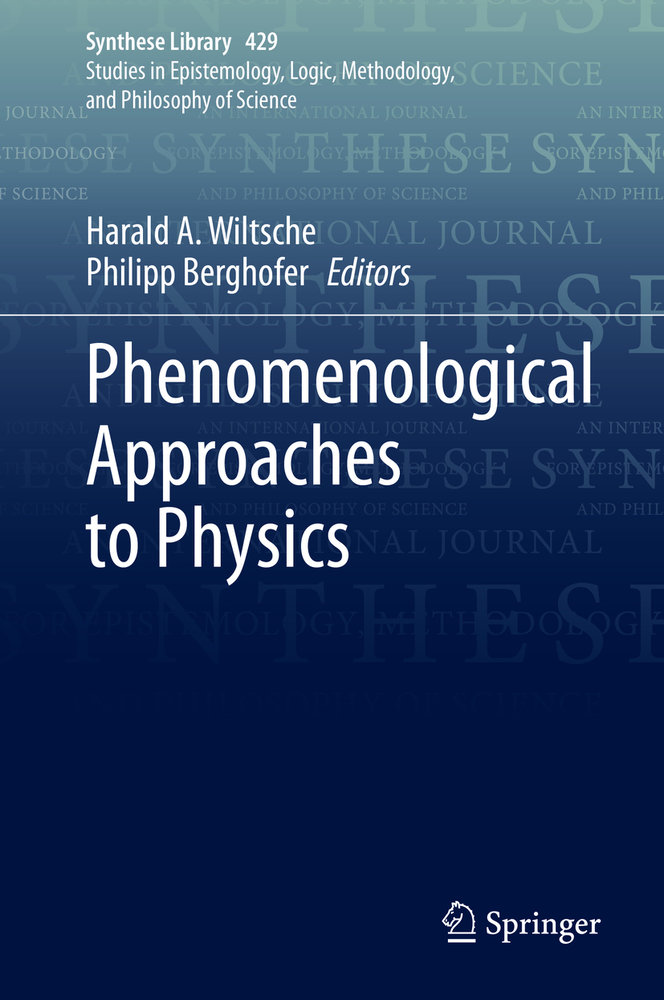This book offers fresh perspective on the role of phenomenology in the philosophy of physics which opens new avenues for discussion among physicists, "standard" philosophers of physics and philosophers with phenomenological leanings.
Much has been written on the interrelations between philosophy and physics in the late 19th and early 20th century, and on the emergence of philosophy of science as an autonomous philosophical sub-discipline. This book is about the under-explored role of phenomenology in the development and the philosophical interpretation of 20th century physics.
Part 1 examines questions about the origins and value of phenomenological approaches to physics. Does the work of classical phenomenologists such as Husserl, Merleau-Ponty or Heidegger contain elements of systematic value to both the practice and our philosophical understanding of physics? How did classical phenomenology influence standard philosophy of science in the Anglo-American and other traditions?
Part 2 probes questions on the role of phenomenology in the philosophies of physics and science:
- Can phenomenology help to solve Wigner´s puzzle , the problem of the "unreasonable effectiveness" of mathematics in describing, explaining and predicting empirical phenomena?
- Does phenomenology allow better understanding of the principle of gauge invariance at the core of the standard model of contemporary particle physics?
- Does the phenomenological notion of Lifeworld stand in opposition to the scientific metaphysics movement, or is there potential for dialogue?
Part 3 examines the measurement problem. Is the solution outlined by Fritz London and Edmond Bauer merely a re-statement of von Neumann´s view, or should it be regarded as a distinctively phenomenological take on the measurement problem? Is phenomenology a serious contender in continuing discussions of foundational questions of quantum mechanics? Can other interpretational frameworks such as quantum Bayesianism benefit from implementing phenomenological notions such as constitution or horizonal intentionality?


